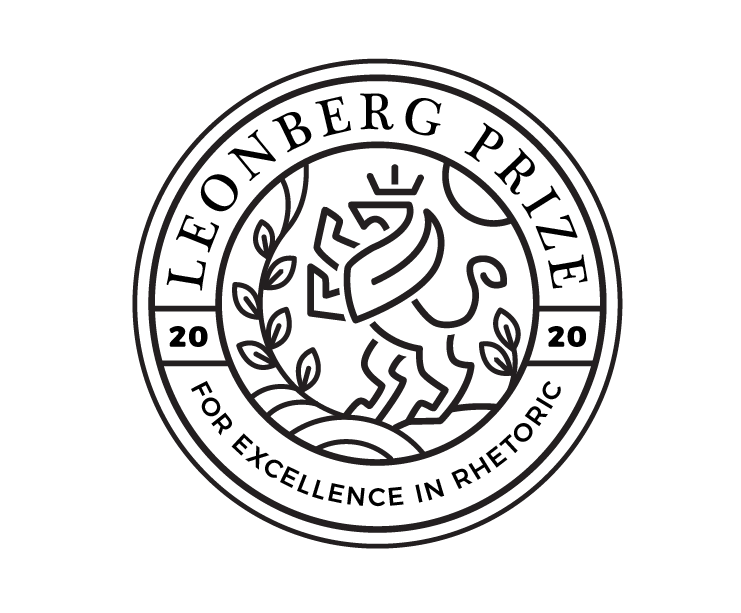
Kepler's First Annual Summer Speech Competition
June 11th, 2020
In the Western tradition, the art of rhetoric has been appraised as one of the essential skills necessary for the propagation of a free and virtuous society. Dating from ancient Greece to the modern world, rhetorical skills necessary for public debate have been one of the marks of an educated person. Moreover, Christians, being people of the Word, have been called to speak with wisdom and eloquence.
At Kepler Education, we want to honor this tradition by announcing our First Annual Summer Speech Competition for high school students.
The winner of the competition will win a $100 cash prize and the prestigious Leonberg Prize for Excellence in Rhetoric. Not to mention, winning a speech competition would look great on a high school transcript!
To be eligible for the Summer Speech Competition, students must:
- Enroll in and complete Kepler's Introduction to Competitive Speech course.
- Submit your name by email to our student advisor, Joffre Swait at Joffre@kepler.education.
Learn more about the Leonberg Prize for Excellence!
Most who know the name Johannes Kepler know he published his magnum opus, Harmonices Mundi, in 1619. What many are unaware of is that just a few years earlier, in 1615, Johannes Kepler’s mother was caught up in the witch-hunt hysteria sweeping Europe at the time and was accused of being a witch.
Kepler’s work was hindered and periodically interrupted as he traveled back and forth between Linz and Leonberg to hire lawyers and manage his mother’s trial. The lawsuit against her carried on until 1620 and escalated when she was finally arrested and threatened with torture by Lutherus Einhorn, a notorious witch-hunting judge who hoped to coerce a confession.
This was no small ordeal as scholars estimate some 50,000 people were tortured, and many burned alive, for witchcraft during the 17th century. Extant records indicate that during Einhorn’s watch, 15 local women were accused of witchcraft and eight of them were executed. Her arrest was nothing to wink at. At 68-years-old, Kathrina Kepler was shackled and chained to the prison floor for 14 months.
When this happened, Johannes Kepler moved his family to Leonberg, temporarily, and took over the trial to defend his mother’s innocence. He prepared an exhaustive 128-page brief for her defense. In her book, The Astronomer and the Witch: Johannes Kepler's Fight for his Mother, Ulinka Rublack, professor of early modern history and a fellow of St John’s College, Cambridge, “described his defense as a ‘rhetorical masterpiece’ in which Kepler explained away magical illnesses with his knowledge of medicine and common sense. In 1621, Kathrina Kepler was aquitted and released from prison, ending much of the hysteria in her home town. The Kepler’s file a wrongful imprisonment suit but unfortunately, the hardship took a toll on her life and Kathrina passed away six months later.
Less than a century later, when asked about his own accomplishments, Isaac Newton claimed he could see as far as he did because he was standing on the shoulders of giants. Johannes Kepler was one of those giants. Not only was Kepler a giant in faith and science, but he was also a master rhetorician. Not only did he understand the value of the relationship between faith and right reason, but he could also defend the truth wisely and eloquently in the face of superstition and sophistry.
Enroll in Introduction to Competitive Speech today, or Search the website to find more amazing courses.